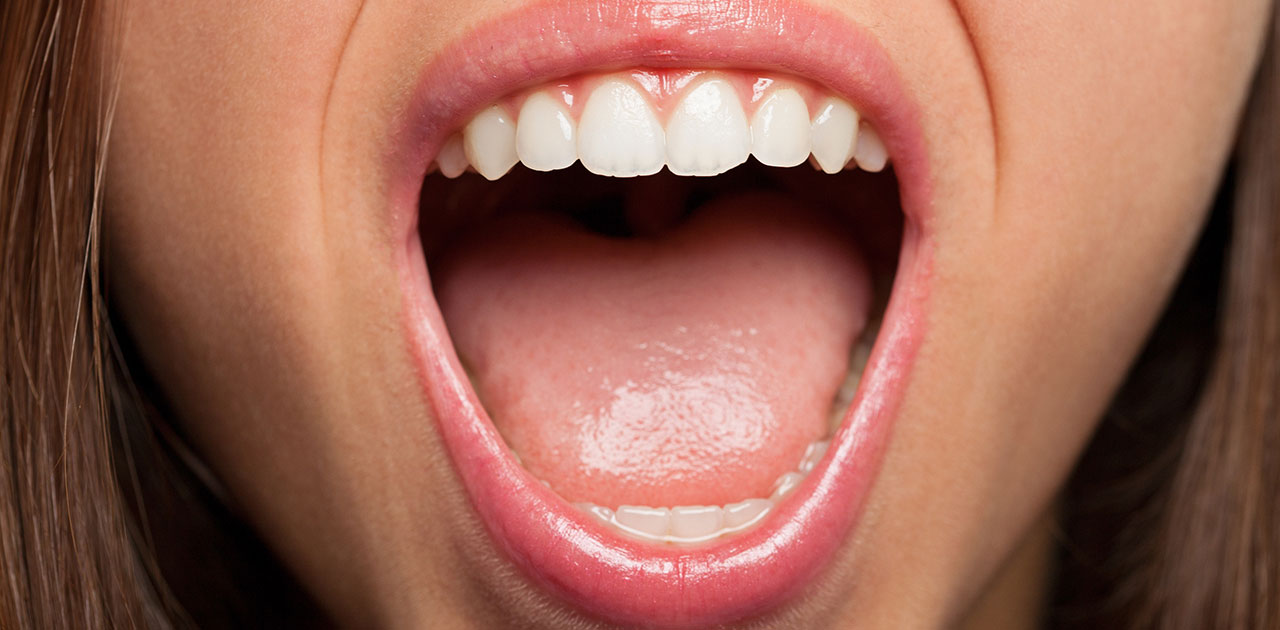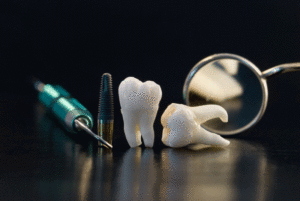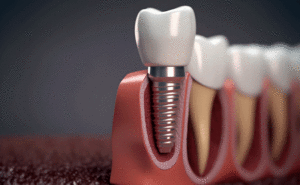For one reason or another, everyone’s mouth is likely to feel dry on occasion. But if dry mouth becomes a routine or ongoing issue with you, then that’s a problem. Dry mouth occurs when there isn’t enough saliva being produced. The signs and symptoms include the likes of cracked lips, chewing issues, trouble speaking, bad breath, mouth sores and a greater likelihood of tooth decay, among others.
This post is designed to help you learn what causes dry mouth and what you can do about it if it’s becoming a regular issue:
Dry Mouth: The Causes
We’ve already established that dry mouth occurs when you’re not producing enough saliva, but do you know the reasons why you’re not producing saliva? There are several reasons for this, which include:
- Side effects from medication and/or medical treatments
- Medical conditions, such as diabetes
- Age
- Drug use
- Smoking
- Nervousness and/or stress
- Sjogren’s syndrome (an autoimmune disorder that impacts the body’s glands, including the salivary ones)
Treating Dry Mouth
There are a number of things that you can do to alleviate or minimize dry mouth symptoms, but it’s first important to have an idea of what’s causing the issue in your case. For instance, if smoking is the likely culprit, then quitting or reducing your tobacco use can help. If medications or treatments are the underlying issue, dry mouth symptoms may just be temporary until you’re through with said treatments.
Regardless of the reason for your dry mouth, here’s a look at some ideal ways to stimulate the salivary glands to manage symptoms:
Chew Gum
Buy some sugarless gum and chew it regularly to help alleviate dry mouth symptoms. Gum helps stimulate the salivary glands.
Avoid Caffeine
Instead of coffee, tea and sodas that are rich in caffeine, stick to water. In fact, one of the best ways to kick dry mouth symptoms for good is to make sure you’re drinking plenty of water throughout the day.
Relax
If you think your dry mouth is caused from nervousness or stress, commit to learning stress-reducing exercises or techniques to cope with stressful situations. Stress is often reduced via breathing exercises, meditation, getting more sleep and taking the time to relax. Try to find the best stress-reducing strategy (or strategies) that work for you.
Consult Your Dentist
If lifestyle changes or the aforementioned tactics fail to work, we’d recommend speaking with your dentist for more specialized treatment and products that can help alleviate symptoms.
Contact Caven Dental
While dry mouth may seem like a minor condition, it’s always best to be proactive in resolving it. Foul breath, cavities, mouth sores and mouth/throat discomfort are all common issues those with dry mouth experience. It’s best to alleviate symptoms now before they have a chance to become major issues in the future.
For more information on dry mouth, what causes it and how to treat it, contact Caven Dental today.



